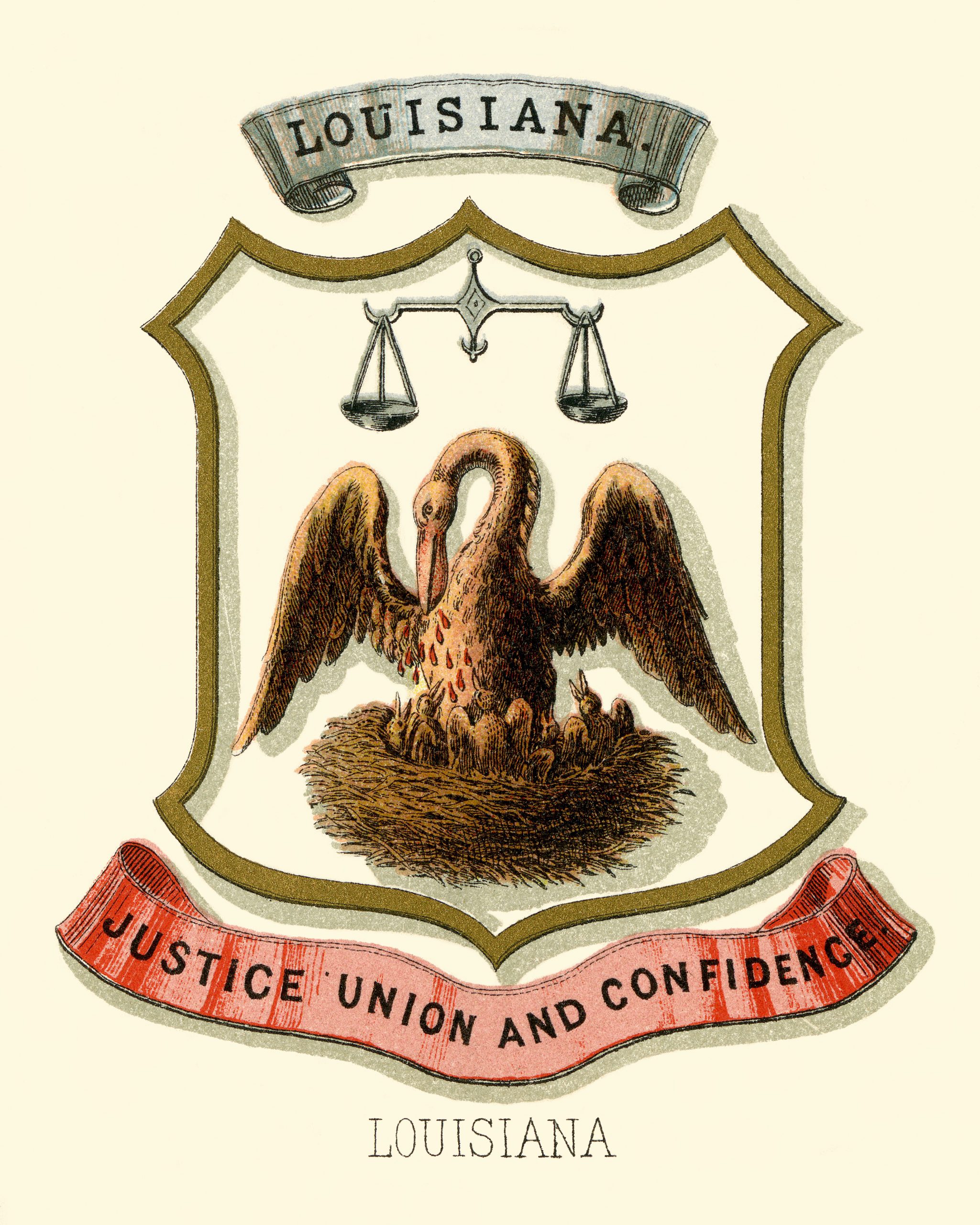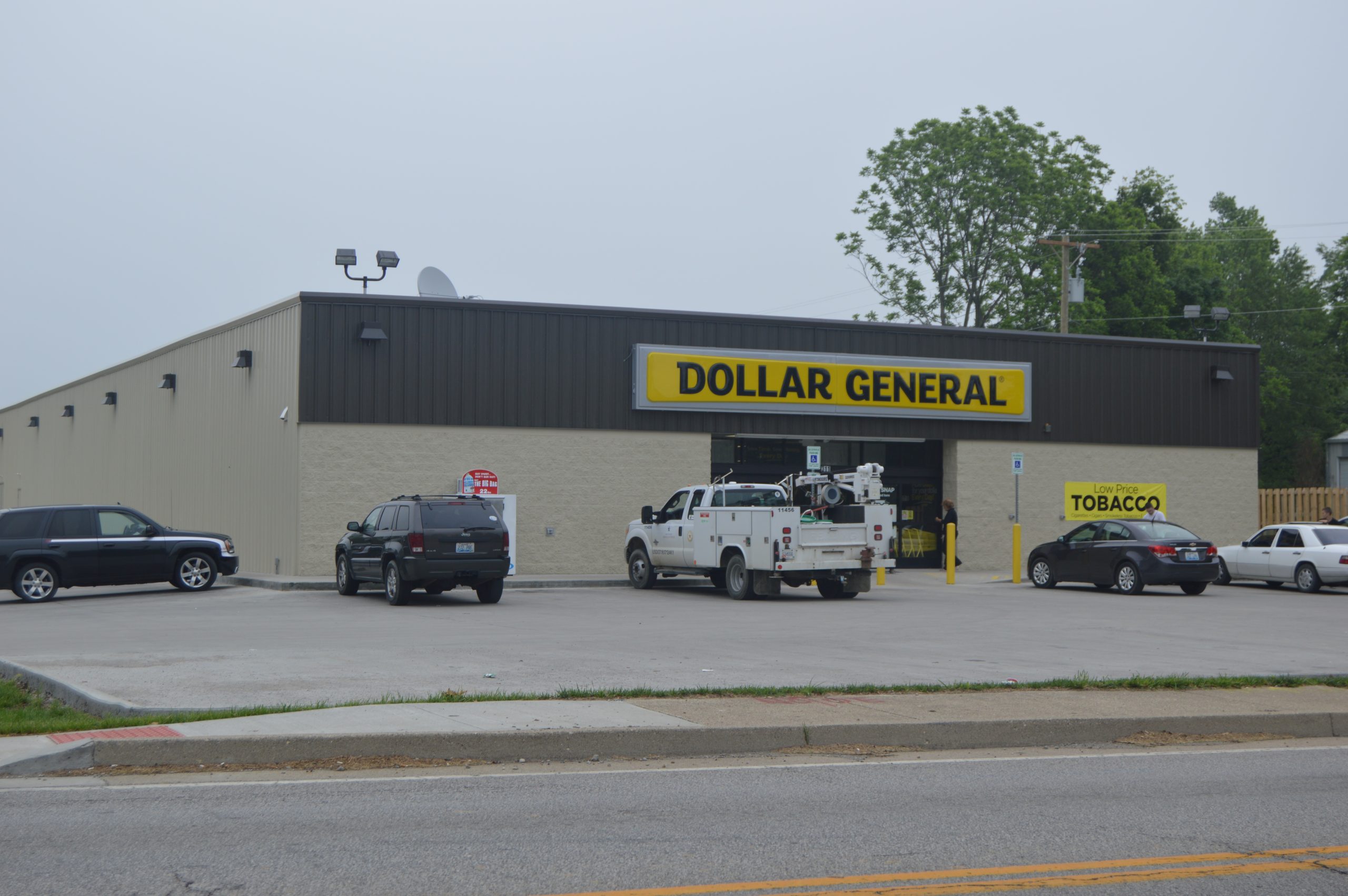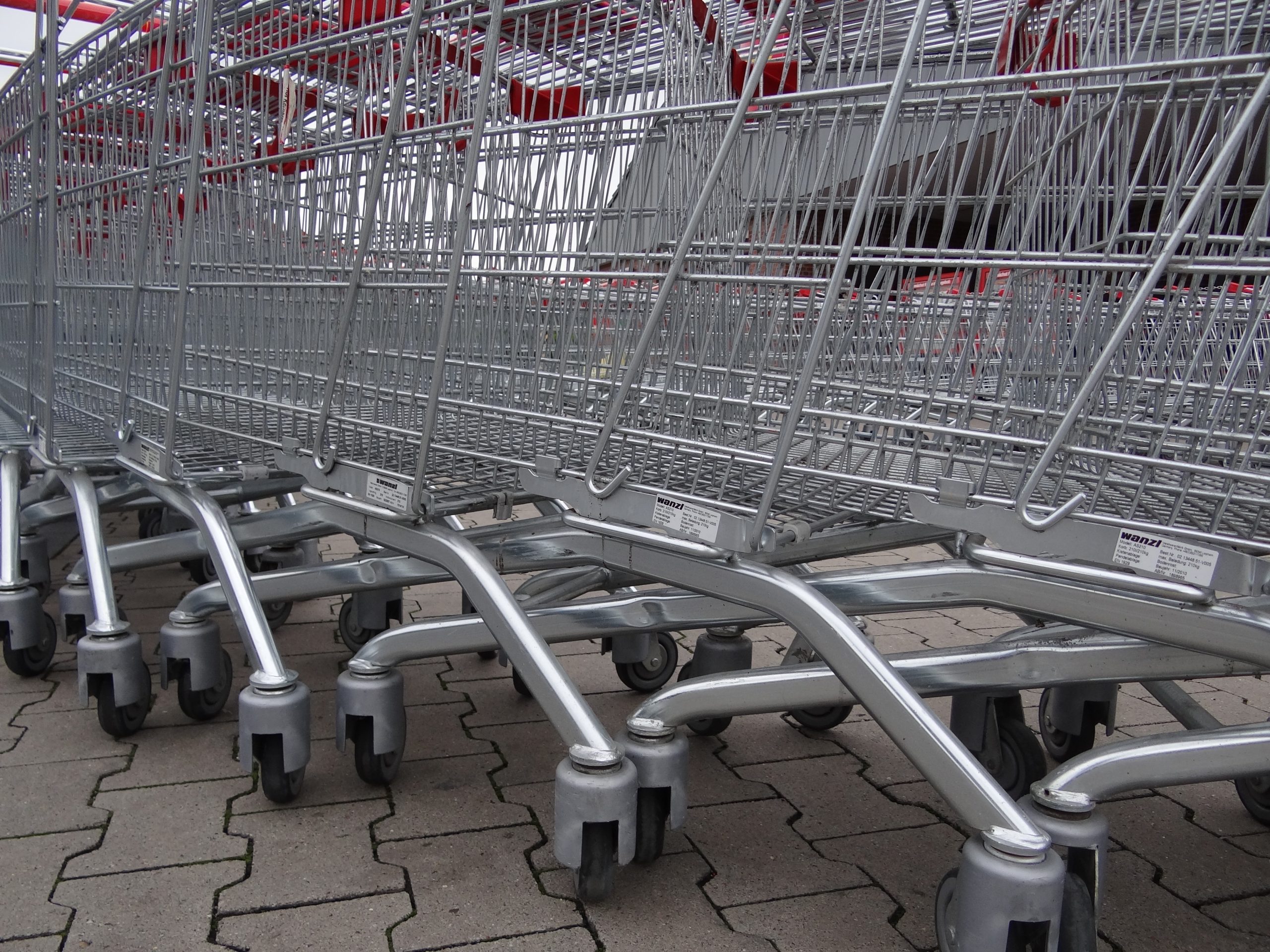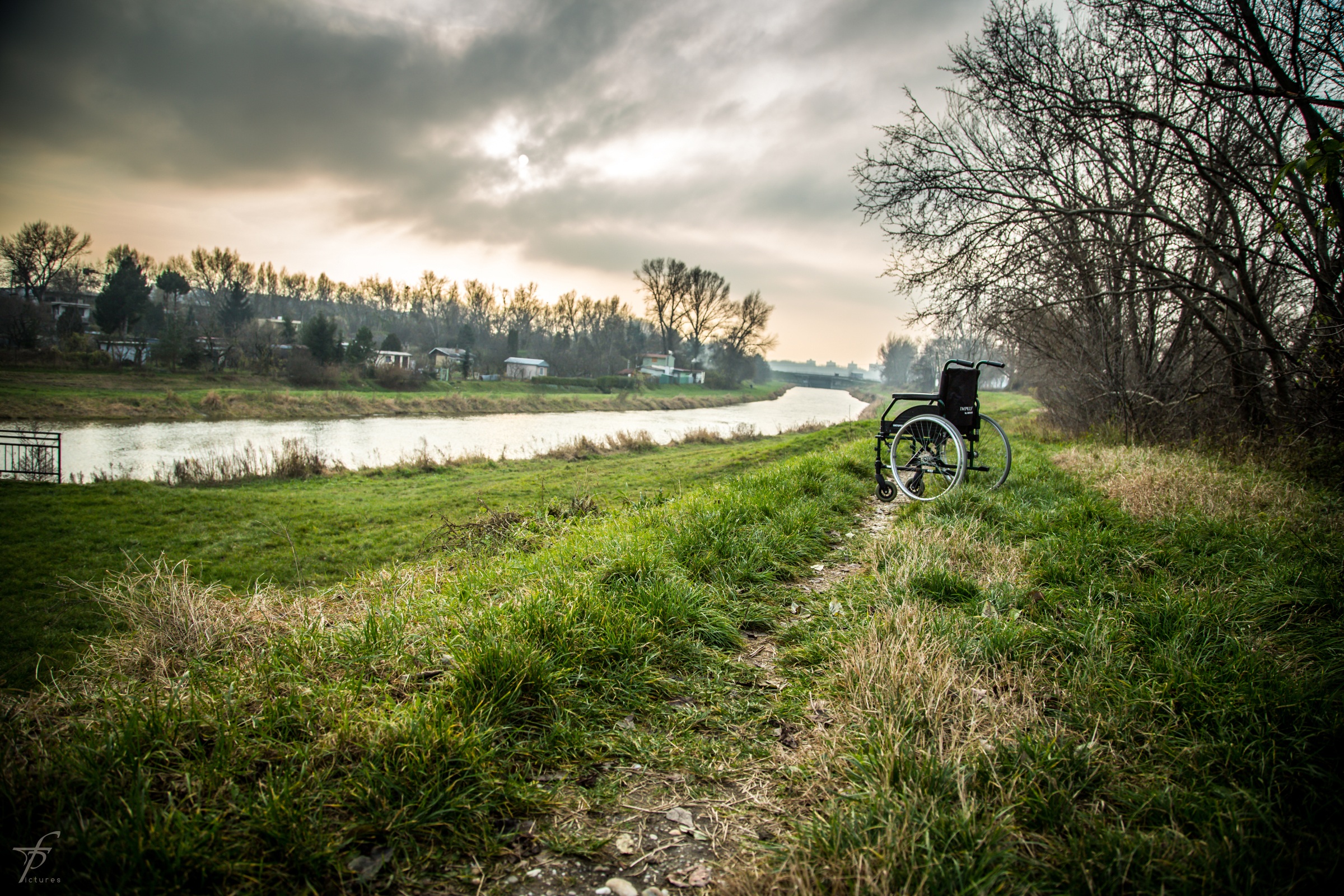 Getting treatment and medication can be challenging when recovering from an on-the-job injury. If you are injured at work, you may want to pick up prescriptions at the local pharmacy closest to you. While you may have interpreted Louisiana’s Workers’ Compensation statutes to allow for “choice of pharmacy” in the past, the rule is clear. The following case out of the Louisiana Supreme Court shows why the choice in pharmacy for a work-related injury belongs to the employer.
Getting treatment and medication can be challenging when recovering from an on-the-job injury. If you are injured at work, you may want to pick up prescriptions at the local pharmacy closest to you. While you may have interpreted Louisiana’s Workers’ Compensation statutes to allow for “choice of pharmacy” in the past, the rule is clear. The following case out of the Louisiana Supreme Court shows why the choice in pharmacy for a work-related injury belongs to the employer.
In October 2008, Darvel Burgess sustained an injury while on the job. As a result of that injury, Burgess filled his prescriptions at the pharmacy of his choice. Unfortunately, his employer, the Sewerage & Water Board of New Orleans (S&WB), failed to reimburse him for those prescription costs. Therefore, Burgess filed a Disputed Claim for Compensation against S&WB seeking to recover money for medical bills and an outstanding $13,110.02 for Injured Workers Pharmacy (“IWP”) for prescription medications prescribed by his doctor.
S&WB argued it was not responsible for the outstanding prescription medications bill, according to La. R.S. 23:1142(B) because it notified all injured workers of their pharmacy, Covel Caremark Pharmacy. S&WB stated this was the approved provider for prescription services, and if an employee failed to use this provider, they might not pay for prescriptions. S&WB also notified IWP that it was not an approved pharmacy for workers’ compensation purposes.
 Insurance Dispute Lawyer Blog
Insurance Dispute Lawyer Blog



 A considerably large percentage of the United States population holds student loan debt. In addition, most individuals who attend higher education institutions in today’s society graduate with some debt. Phillip Kuzma knows this too well.
A considerably large percentage of the United States population holds student loan debt. In addition, most individuals who attend higher education institutions in today’s society graduate with some debt. Phillip Kuzma knows this too well.  While holding the owner responsible for a dog’s behavior is typically the norm, most reasonable people would know not to approach a barking dog in a gated residence. However, Demetrious Frazier found himself at odds with Luke Difulco after being bitten by one of his dogs while performing his work duties at their home. The following lawsuit answers the question; if you approach a barking dog and it bites you, is the owner liable for your injuries?
While holding the owner responsible for a dog’s behavior is typically the norm, most reasonable people would know not to approach a barking dog in a gated residence. However, Demetrious Frazier found himself at odds with Luke Difulco after being bitten by one of his dogs while performing his work duties at their home. The following lawsuit answers the question; if you approach a barking dog and it bites you, is the owner liable for your injuries? While a settlement can be a beneficial way to end a legal dispute, it can have long-lasting implications. If you are considering signing a settlement agreement and release, you must understand the possible effects of entering into such an agreement. A prior settlement agreement and release could result in a dismissal of a future lawsuit you bring against a party on the other side of the settlement agreement. The following lawsuit shows why one should carefully review any settlement agreement before signing. Otherwise, you may suffer harsh consequences.
While a settlement can be a beneficial way to end a legal dispute, it can have long-lasting implications. If you are considering signing a settlement agreement and release, you must understand the possible effects of entering into such an agreement. A prior settlement agreement and release could result in a dismissal of a future lawsuit you bring against a party on the other side of the settlement agreement. The following lawsuit shows why one should carefully review any settlement agreement before signing. Otherwise, you may suffer harsh consequences. If you slip and fall over an item that has fallen at a store, you might think that you will be able to recover for your injuries in a lawsuit against the store. However, it is not enough to simply show that you slipped and fell. Instead, you must show that the store knew about or created the condition that caused you to slip and fall. Because Lilly Edwards could not show this, the court dismissed her lawsuit against a Baton Rouge, Louisiana, Dollar General store.
If you slip and fall over an item that has fallen at a store, you might think that you will be able to recover for your injuries in a lawsuit against the store. However, it is not enough to simply show that you slipped and fell. Instead, you must show that the store knew about or created the condition that caused you to slip and fall. Because Lilly Edwards could not show this, the court dismissed her lawsuit against a Baton Rouge, Louisiana, Dollar General store. Premises liability is an active area of personal injury law, and accidents occurring on public property are no exception. The question often arises, who is liable for a slip and fall on a public sidewalk? In this case, the Louisiana Third Circuit Court of Appeal was asked to determine the premises liability of the town of Lake Arthur for a fall occurring on a public sidewalk built and maintained by this public entity.
Premises liability is an active area of personal injury law, and accidents occurring on public property are no exception. The question often arises, who is liable for a slip and fall on a public sidewalk? In this case, the Louisiana Third Circuit Court of Appeal was asked to determine the premises liability of the town of Lake Arthur for a fall occurring on a public sidewalk built and maintained by this public entity. Employment law disputes are very fact-specific inquiries. Judges, especially workers’ compensation judges, are typically well-equipped to handle these cases. But when a judge mishandles the facts or misinterprets the law having an excellent attorney in your corner helps in the appeal process. For the
Employment law disputes are very fact-specific inquiries. Judges, especially workers’ compensation judges, are typically well-equipped to handle these cases. But when a judge mishandles the facts or misinterprets the law having an excellent attorney in your corner helps in the appeal process. For the  Everyone can picture a grocery store on a busy day. The aisles are congested, and workers are hurrying to replace products on the sales floor. There may be stocking carts blocking walkways. Who is responsible if a shopper trips over a worker’s cart and injures herself? What about if the worker and the shopper knew the cart was there?
Everyone can picture a grocery store on a busy day. The aisles are congested, and workers are hurrying to replace products on the sales floor. There may be stocking carts blocking walkways. Who is responsible if a shopper trips over a worker’s cart and injures herself? What about if the worker and the shopper knew the cart was there? In a bizarre turn of events, an attempt to get unpaid wages from a Terrebonne Parish video store owner turned violent and led to the appeal discussed below. The appeal delved into the standards that Louisiana courts consider when it comes to repeated violations of their pretrial orders. The case below answers the question; Can a Louisiana court impose a default judgment for failure to obey pretrial orders?
In a bizarre turn of events, an attempt to get unpaid wages from a Terrebonne Parish video store owner turned violent and led to the appeal discussed below. The appeal delved into the standards that Louisiana courts consider when it comes to repeated violations of their pretrial orders. The case below answers the question; Can a Louisiana court impose a default judgment for failure to obey pretrial orders? Recovering from an automobile collision is already a difficult journey. Sometimes physical recovery does not occur in a straight line, and intermediate accidents can complicate the process. This was especially true for Alexandria resident Mr. Maricle.
Recovering from an automobile collision is already a difficult journey. Sometimes physical recovery does not occur in a straight line, and intermediate accidents can complicate the process. This was especially true for Alexandria resident Mr. Maricle.